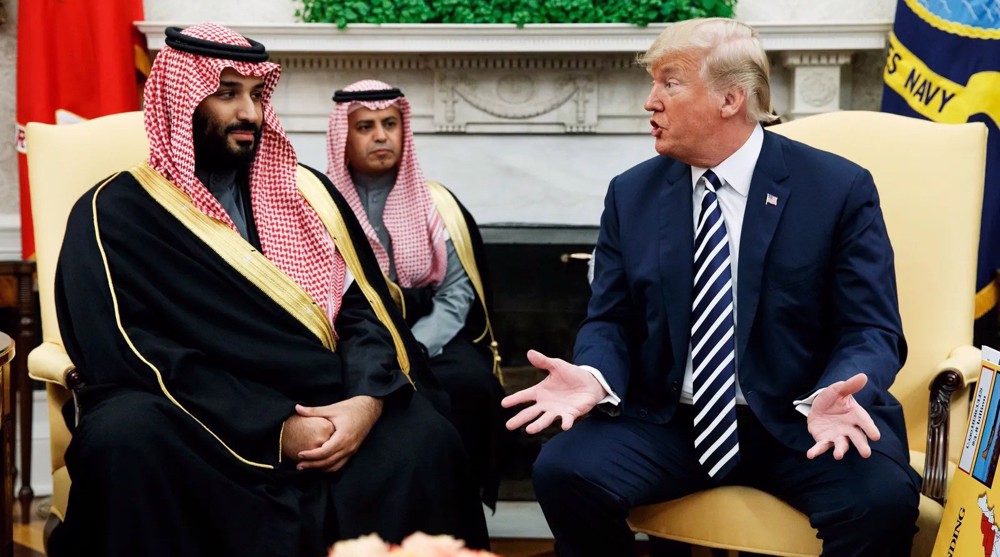
Saudi Crown Prince Mohammed bin Salman is “urgently” looking to strengthen ties with Iran before US President-elect Donald Trump returns to the White House, according to a report.
The New York-headquartered news agency, Bloomberg, citing people with knowledge of the kingdom’s moves, said bin Salman had made an “offer of increased trade” to Iranian officials in recent weeks in the hope of ratcheting down tension with the West.
The offer would build on a March 2023 Chinese-brokered rapprochement between the two countries as Tehran and Riyadh are pushing to forge closer ties amid escalated tensions in the region, Bloomberg added.
The news agency said it was unclear what bin Salman had offered to Iran, but a person who worked on the 2023 detente between the two sides said trade could initially focus on products in the food and medical sectors that would not breach European and US sanctions against Tehran.
The news agency pointed to Trump’s victory in the US election earlier in the month and the prospect of a renewal of the West Asia policies introduced in his first term, which may include his maximum pressure campaign against the Islamic Republic.
The Saudi crown prince was said to have sent National Security Adviser Musaad al-Aiban to Washington last month for talks before President Joe Biden leaves office in January.
“The Saudis see the dual-channel approach of closer ties with both Washington and Tehran as vital geopolitically, though it could leave the kingdom in an awkward spot,” the news agency said.
“Prince Mohammed’s top priority is his trillion-dollar plan to diversify the kingdom’s economy away from oil. The agenda, known as Vision 2030, relies on peace as well as foreign investment to help fund its ambitious mega-projects.”
Speaking at the annual investment conference in Riyadh late October, Saudi Foreign Minister Prince Faisal bin Farhan said his primary mandate was to protect Vision 2030 and further its advancement.
Bloomberg also touched on the Iranian officials’ concerns that Saudi trade and investment pledges under what was known as the Beijing Agreement had not materialized.
China, which is the biggest buyer of oil from both countries, has been urging Riyadh and Tehran to buttress their rapprochement, said Dina Esfandiary, senior adviser for the Middle East and North Africa at the International Crisis Group.
“It’s a pretty simple, noncontroversial way for Riyadh to demonstrate its commitment to the new dialogue with Tehran,” she said.
Reports said a Saudi-Chinese-Iranian committee following up on the accord held a second meeting in Riyadh on November 19, reaffirming commitment to the pact.
In a statement, the parties touted the nearly 140,000 Iranian pilgrims that have visited the Islamic holy sites in Saudi Arabia this year as a sign of closer ties, along with things like the Iranian exhibition in Riyadh.
Iran and Saudi Arabia resumed relations following a seven-year hiatus under a Beijing-mediated deal in March 2023, which saw the two sides re-open diplomatic missions.
As part of a joint statement issued by the two sides, Tehran and Riyadh highlighted the need to respect each others’ national sovereignty and refrain from interfering in the internal affairs of one another.
They also agreed to implement a security cooperation agreement signed in April 2001 and another accord reached in May 1998 to boost economic, commercial, investment, technical, scientific, cultural, sports, and youth affairs cooperation.





Leave a Reply